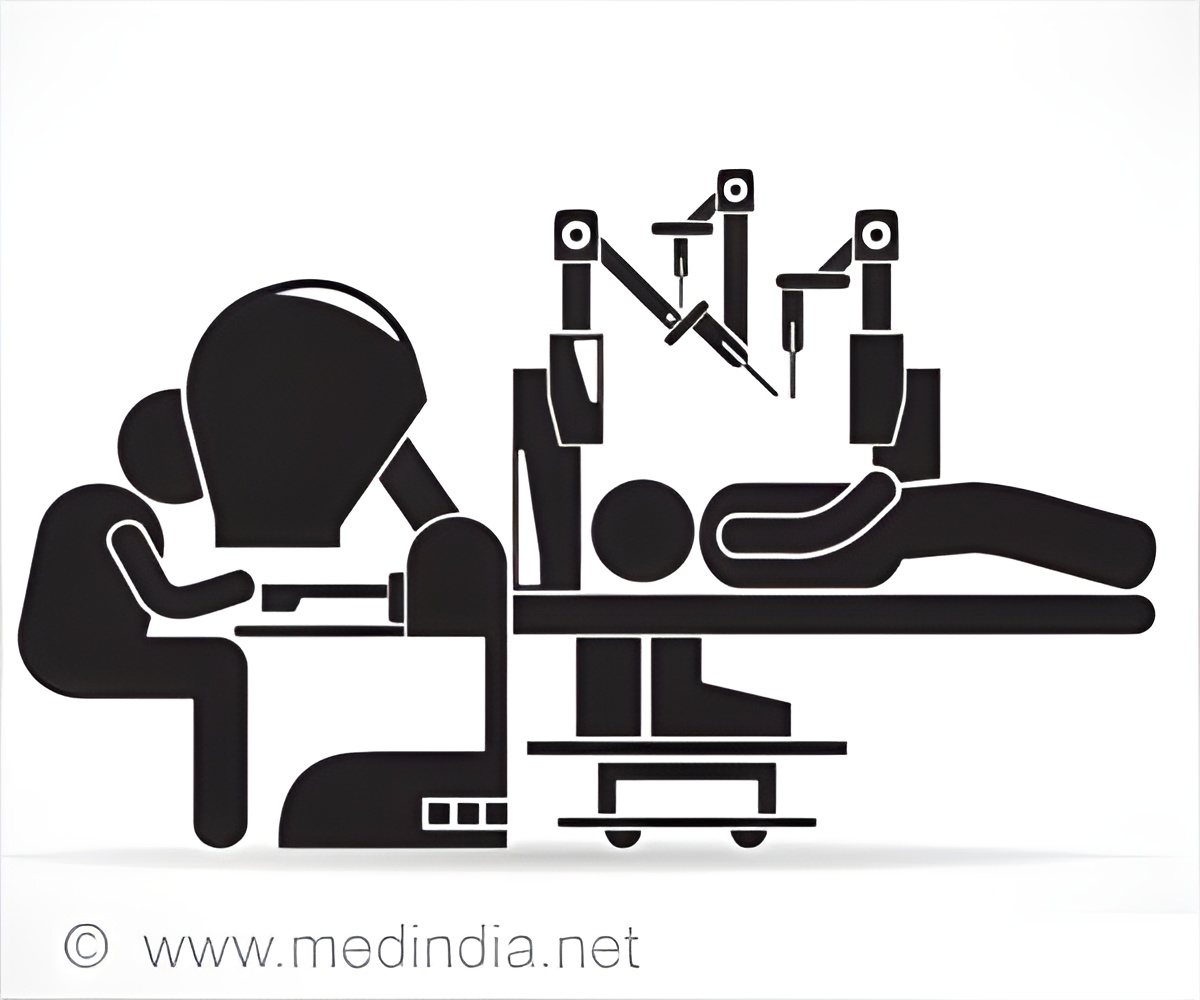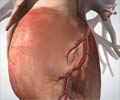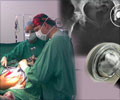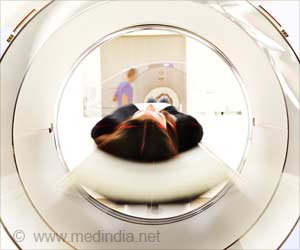Controlled by healthcare assistants, robots will soon carry out C-sections or other surgeries, say experts.

‘Diseases like cancer and severe forms of arthritis can be identified earlier with the help of robotics and faster treatments require no further operations.’





The predictions are based on the report by the "Commission on the Future of Surgery" set up by the Royal College of Surgeons in 2017, the Daily Mail reported. According to the report, the robots controlled by healthcare assistants such as technicians are expected to conduct vaginal surgeries and operations on the bowel, heart and lungs.
This will help advance diagnoses of illnesses like cancer before they destroy organs and, as a result, operations will be smaller in scale and less traumatic.
Even healthcare assistants -- who do not need any formal qualifications to get a job -- could one day be trained to perform C-sections with the robots, The Telegraph reported.
Specialists and surgeons will remain in charge of operations but may not always need to be in the room.
Advertisement
"These are highly qualified healthcare professionals and they will be trained in a specific aspect of that procedure.
Advertisement
While some applications of robots and DNA-based medicines are expected to happen sooner than others, those with healthcare assistant-led C-sections is possible within five years, the report said.
However, the experts warn that the use of robots in surgery could be controversial. This is in light of an investigation which revealed that a 69-year-old man in Newcastle died when a robot was used to carry out his heart surgery in 2015.
The commission's report also claims that major cancer operations could become a thing of past because screening DNA will pick up diseases earlier, before they ravage the body.
Similarly, people with severe forms of arthritis could be identified early on and faster treatment might reduce the need for major hip and knee replacement ops.
"These big, set-piece operations will become less common as we are able to intervene earlier and use more moderate interventions," said Professor Dion Mortonm, a member of the commission.
Source-IANS









